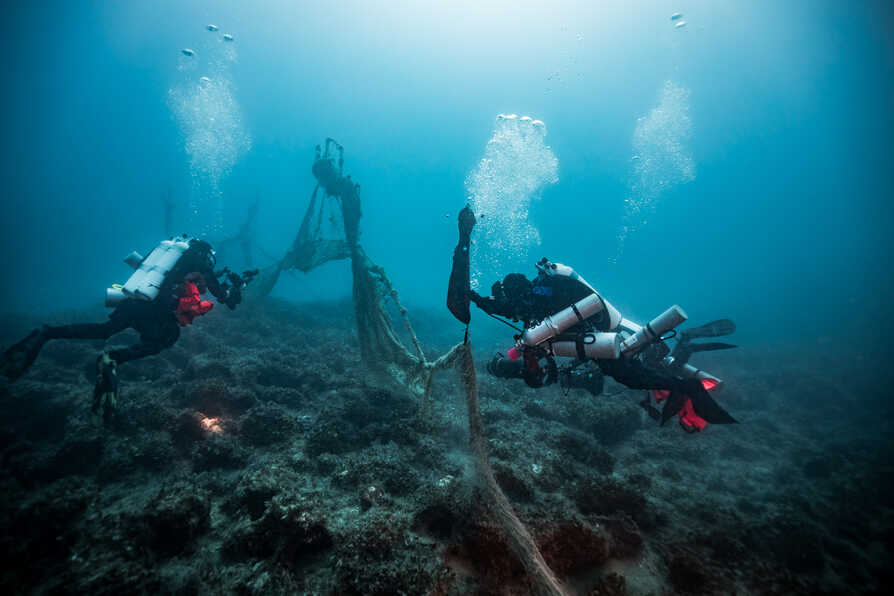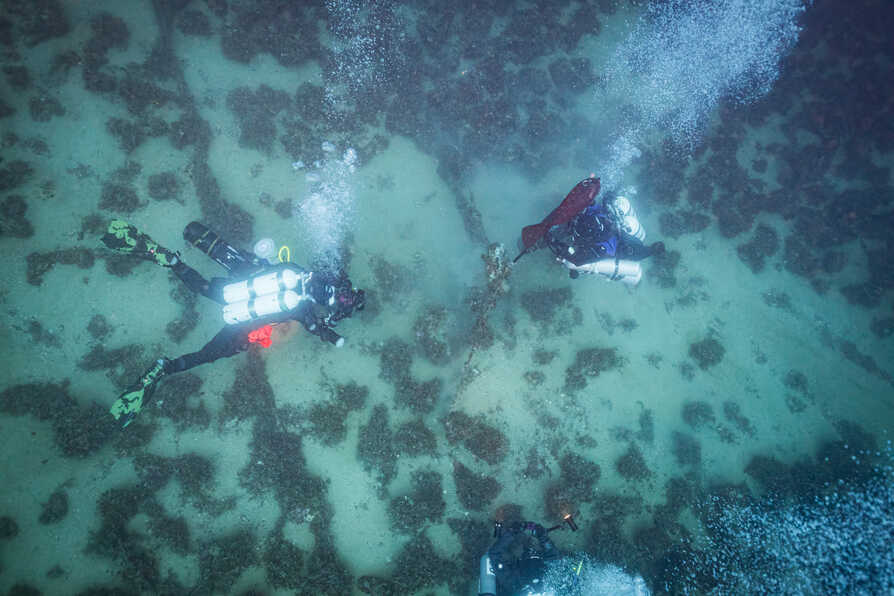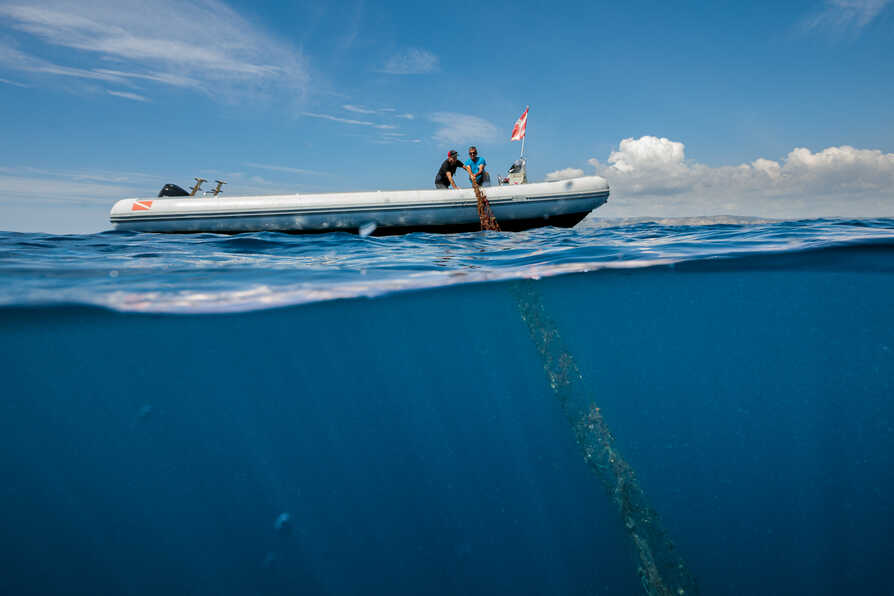- Destination Zero Waste Sicily conducts a one-year feasibility study and engages stakeholders to develop an integrated strategy for circular economy of discarded fishing nets
- Sustainable tourism experiences such as workshops and educational diving tours also engage tourists with the topic of marine conservation
- Programme is launched as part of TUI Care Foundation’s Marine May, which emphasises the importance of marine conservation
Towards a circular economy for plastic and marine waste: TUI Care Foundation launches new Destination Zero Waste programme in Sicily

Berlin, 22nd May 2025. Not only is Sicily a popular tourist destination, but it is also a significant biodiversity hotspot in the Mediterranean Basin. However, like many other coastal areas, this island is facing a severe environmental crisis due to extensive plastic pollution and marine litter, particularly abandoned, lost, or discarded fishing gear, which affect both marine life and coastal communities.
Marine litter from fisheries, particularly abandoned, lost, or discarded fishing gear poses a significant threat to marine environments, causing extensive damage to marine habitats and biodiversity. Annually, nearly 2% of all fishing gear, including vast amounts of nets, lines, and traps, are lost to the ocean. This "ghost gear" continues to trap and damage marine life, degrade habitats like coral reefs and seagrass beds, and disrupt marine ecosystems for decades due to its plastic composition. The economic impacts are also substantial, reducing commercial fish stocks and revenues, and negatively affecting tourism in areas popular for diving. The management and governance of ghost gear are currently insufficient in many areas, including Sicily, exacerbating the problem.
To tackle this problem, the TUI Care Foundation has partnered with the Sicily Environment Fund to strengthen cross-sectoral collaboration with various stakeholders, including coastal businesses, dive centres, fishing companies, artisans and tourism businesses. By mapping challenges and gaps in the prevention, recovery and management of ghost gear, a one-year feasibility study aims to build a strong foundation for a longer-term programme focused on creating circular economy solutions for fishing nets at a regional level in Sicily.
The project engages dive centres and fishing companies to locate and provide preliminary data of ghost nets and identify two pilot locations for cleanup operations. Cleanup operations aim to remove a minimum of 500 kg ghost nets from the seabed and dispose of them responsibly.
The project raises awareness of the impact of ghost gear amongst at least 15 businesses, including fishing companies, and develops strategies to prevent fishing nets from being abandoned or lost at sea. In addition, it collaborates with local artisans to explore recycling and upcycling solutions for fishing nets. Hands-on experiences, such as upcycling workshops, educational snorkelling and scuba diving sessions are piloted to engage tourists and increase awareness of how sustainable tourism can support marine conservation efforts.
This partnership is a part of the Destination Zero Waste Programme, which inspires new ways to reduce and reuse waste in tourism destinations that create jobs and promote a circular economy. The Programme is implemented in destinations around the world, including Curacao, Jamaica, Zanzibar, Mauritius, Cyprus and Menorca.





